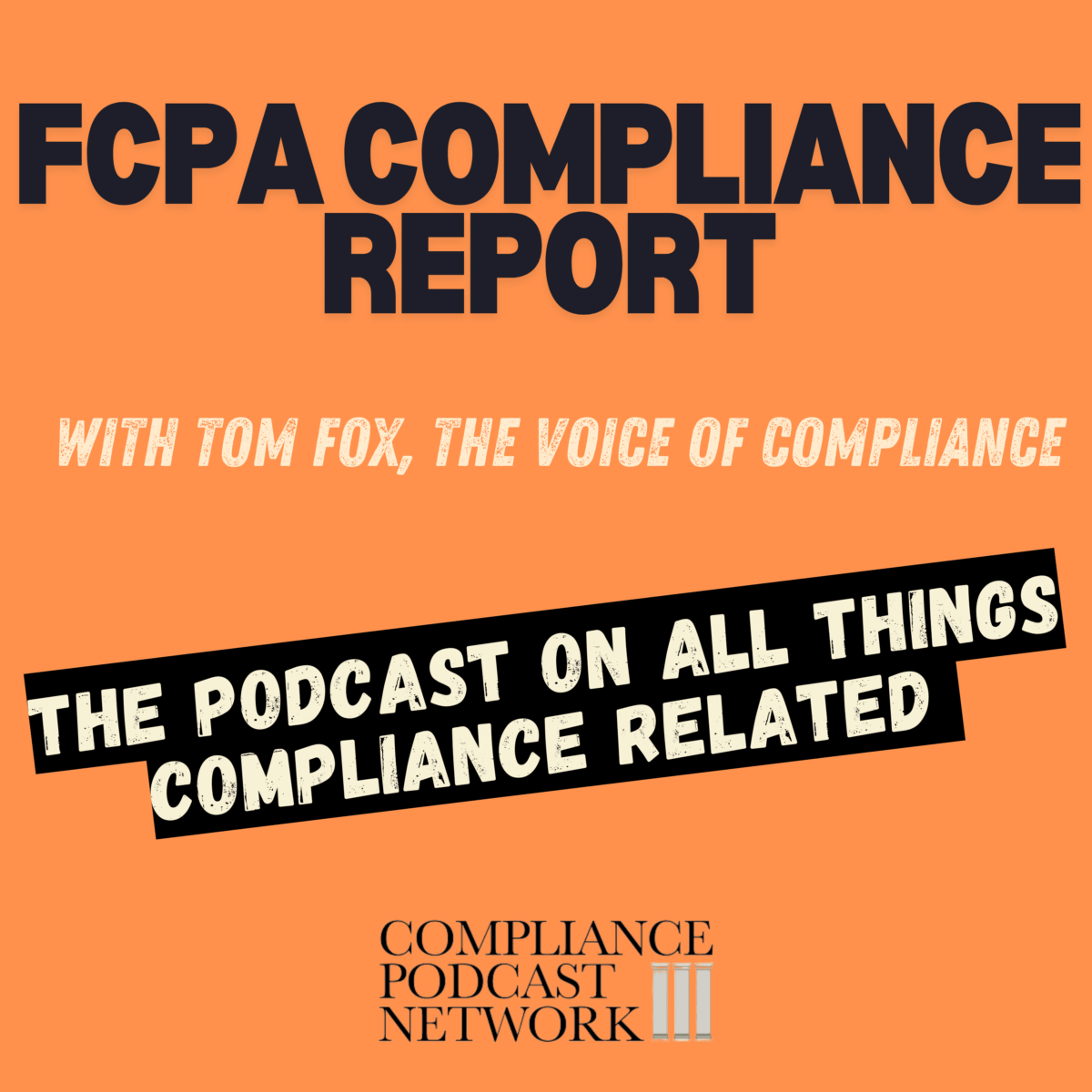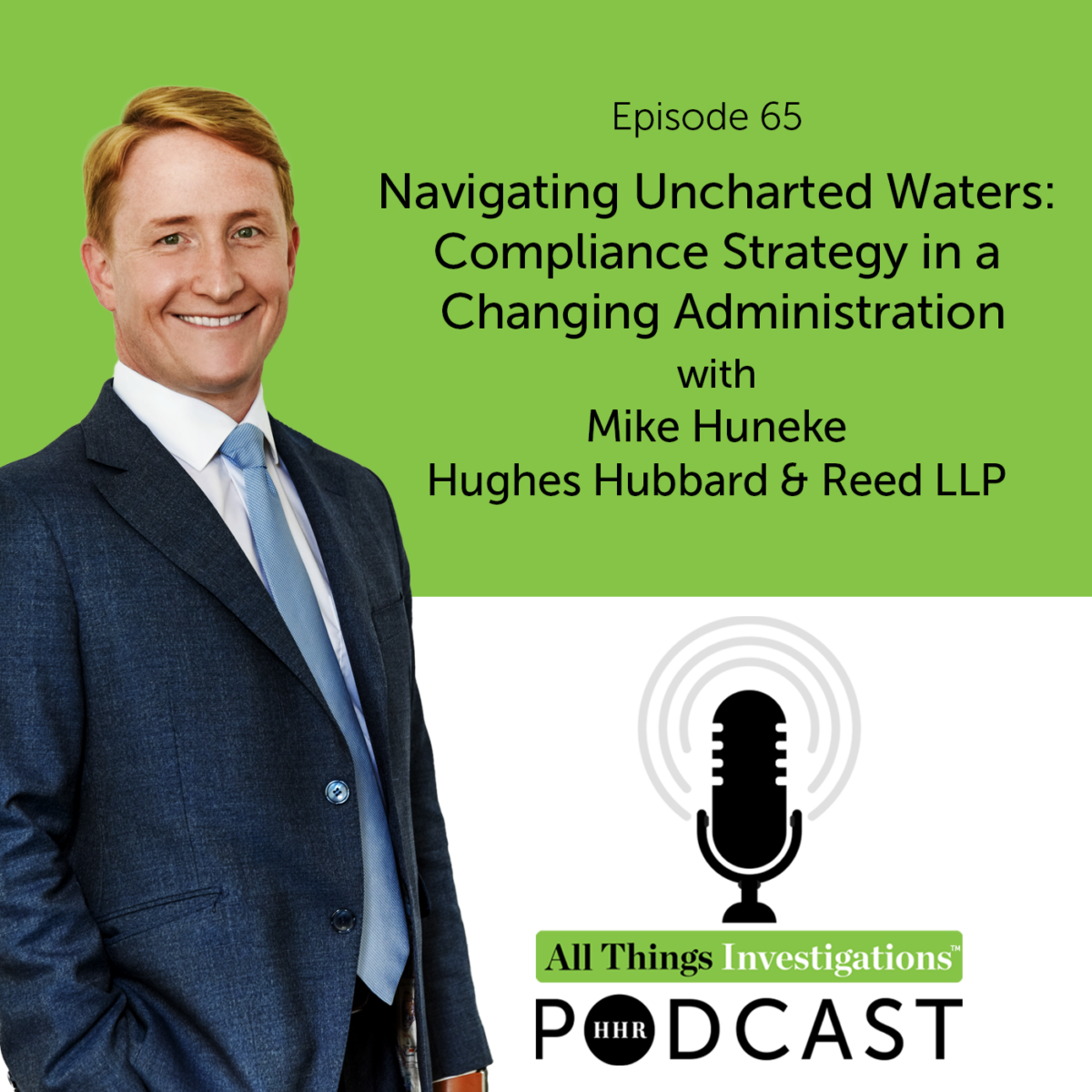Mike & Brent update listeners on the America First Trade Policy Section 4(c) Report Executive Summary (01:05) before previewing their forthcoming “Glass Onion” article in WorldECR magazine about the various layers of the “knowledge” standard under the U.S. Export Administration Regulations (03:18), including “actual knowledge” (07:23), “reason to know” (08:44), and “awareness of a high probability” (09:39). Mike & Brent then discuss relevant guidance from the U.S. Bureau of Industry & Security (12:44), parallels to U.S. Foreign Corrupt Practices Act enforcement (13:30), how the “high probability” standard is becoming the new national security enforcement paradigm (14:56), and key takeaways for trade compliance professionals (16:49) before wrapping up with yet another edition of Brent Carlson’s “Managing Up” segment (19:07).
Mike & Brent’s new “Glass Onion” article (subscription required): [link forthcoming!]
Resources:








